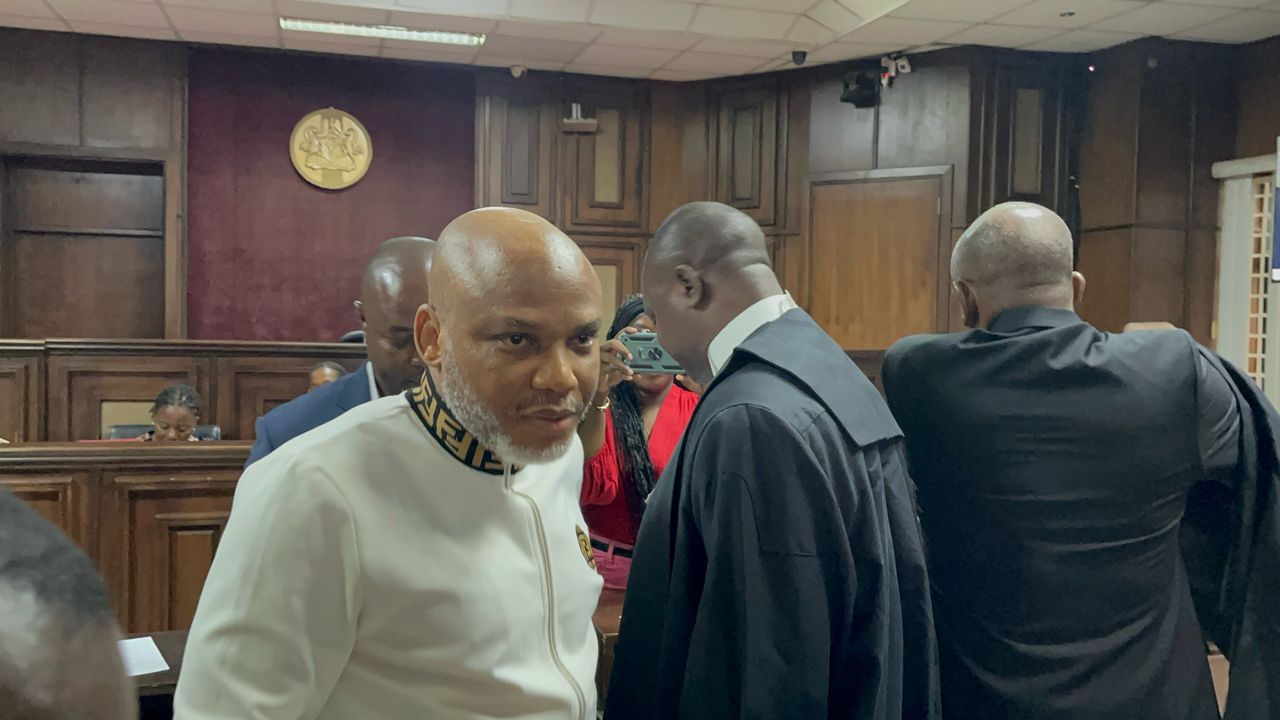were about 60 tobacconists for every McDonald’s restaurant.
The excise duty comprises more than two-thirds of the retail price of a packet of cigarettes. The tax has provided a major, although shrinking, stream of revenue for the federal government, falling from $16.3 billion in 2019-20 to an estimated $7.1 billion in the next financial year.
Minns said he was not advocating that the excise be reduced to zero but sought a “more elemental look” at the policy settings around domestic tobacco sales.
“I’m completely in support of the public health messaging, but you’d be crazy to just turn a blind eye to the proliferation of illegal tobacco sales and think to yourself, isn’t there a better way of allocating public money,” he said.
Loading
“The biggest supporters of the massive excise on tobacco sales in NSW are probably organised criminals because it’s created a giant black market that they can exploit on every street in every suburb.”
Federal Treasurer Jim Chalmers said the excise was an “important public health measure” that encouraged people to quit smoking. The fall in revenue was attributable to lower smoking rates and the “significant problem of illegal tobacco”, he said.
“We are working with NSW and the other states and territories when it comes to the enforcement challenge with illegal tobacco.”
NSW Opposition Leader Mark Speakman said a monumental reduction in the excise would be required to have any impact on the black market, accusing the premier of “blame shifting” and failing to provide adequate resources to tackle black-market tobacco.
Simon Chapman, emeritus professor in public health at the University of Sydney, rejected the calls to lower the tobacco excise, saying duties would have to be removed entirely to make legal tobacco competitive with the black market.
“Illegal cigarettes are selling for about $15 a pack, sometimes even lower, and legal cigarettes ... are selling from anything upward of $40 a pack,” Chapman said. “Smoking rates are the lowest that they have ever been ... Doing anything to make them more accessible would really be folly.”
FTI Consulting’s industry-commissioned report Illicit Tobacco in Australia found 40 per cent of all Australian tobacco consumption was illicit in 2024 – a 28.6 per cent increase from the year prior.
Responsibility for enforcing the state’s tobacco regulatory regime lies with NSW Health. Despite significant seizures, the arrangement has faced criticism, given the explosion of tobacconists selling illegal products.
Minns said he wanted the Health Department “running hospitals, not conducting criminal investigations”. But that raised the matter of whether NSW police officers would be required to investigate at the expense of other major crimes.
University of Sydney taxation lecturer Fei Gao said the excise system was “not working very well” and that, since March last year, each imported cigarette carried a tax of $1.40.
But Gao said lowering the excise might have a perverse public health outcome, as there was a correlation between the price of legal and black-market cigarettes, and high prices “ultimately discourages smoking overall”.
Cancer Council’s tobacco issues committee chair, Alecia Brooks, said the high price of tobacco was the biggest single reason smokers reported for quitting. Brooks said the size of the illegal tobacco market had been “greatly exaggerated ... by retailers and industry players who fear losing control of the market”.
“[Illicit sales] estimates from the Australian Taxation Office and independent sources have been much lower than tobacco industry figures reported,” she said, calling for greater policing of organised crime and illicit sales by federal, state and territory authorities.
The Morning Edition newsletter is our guide to the day’s most important and interesting stories, analysis and insights. Sign up here.










